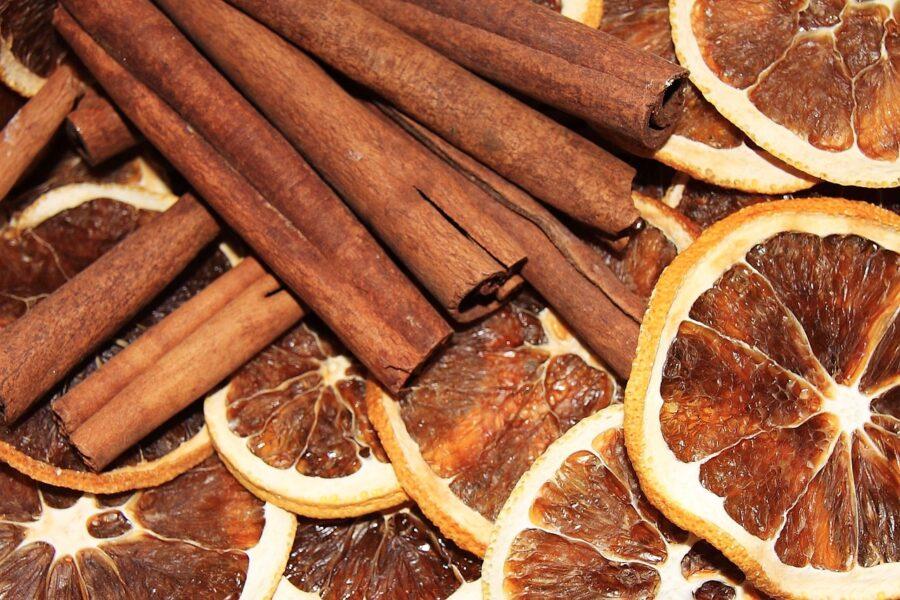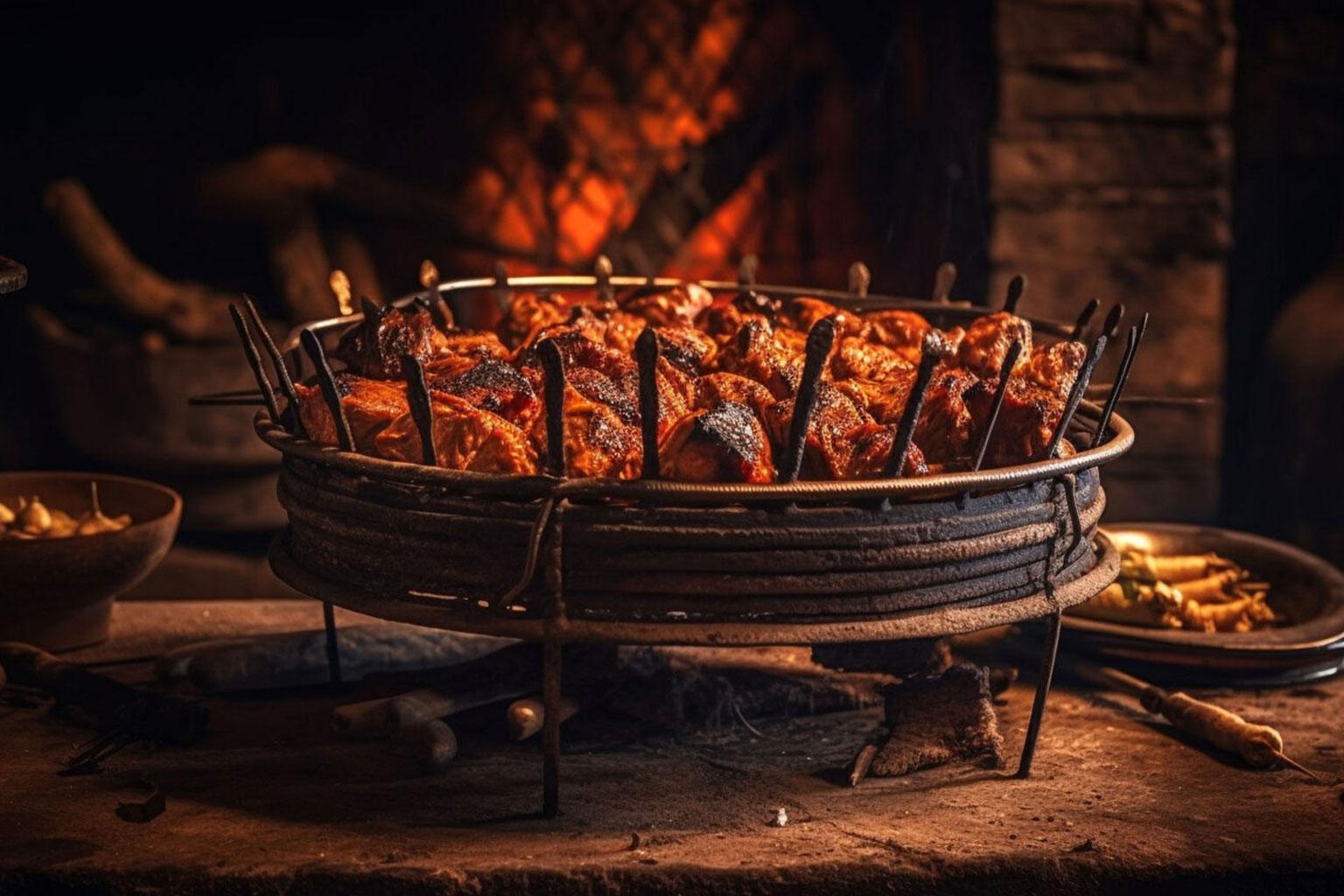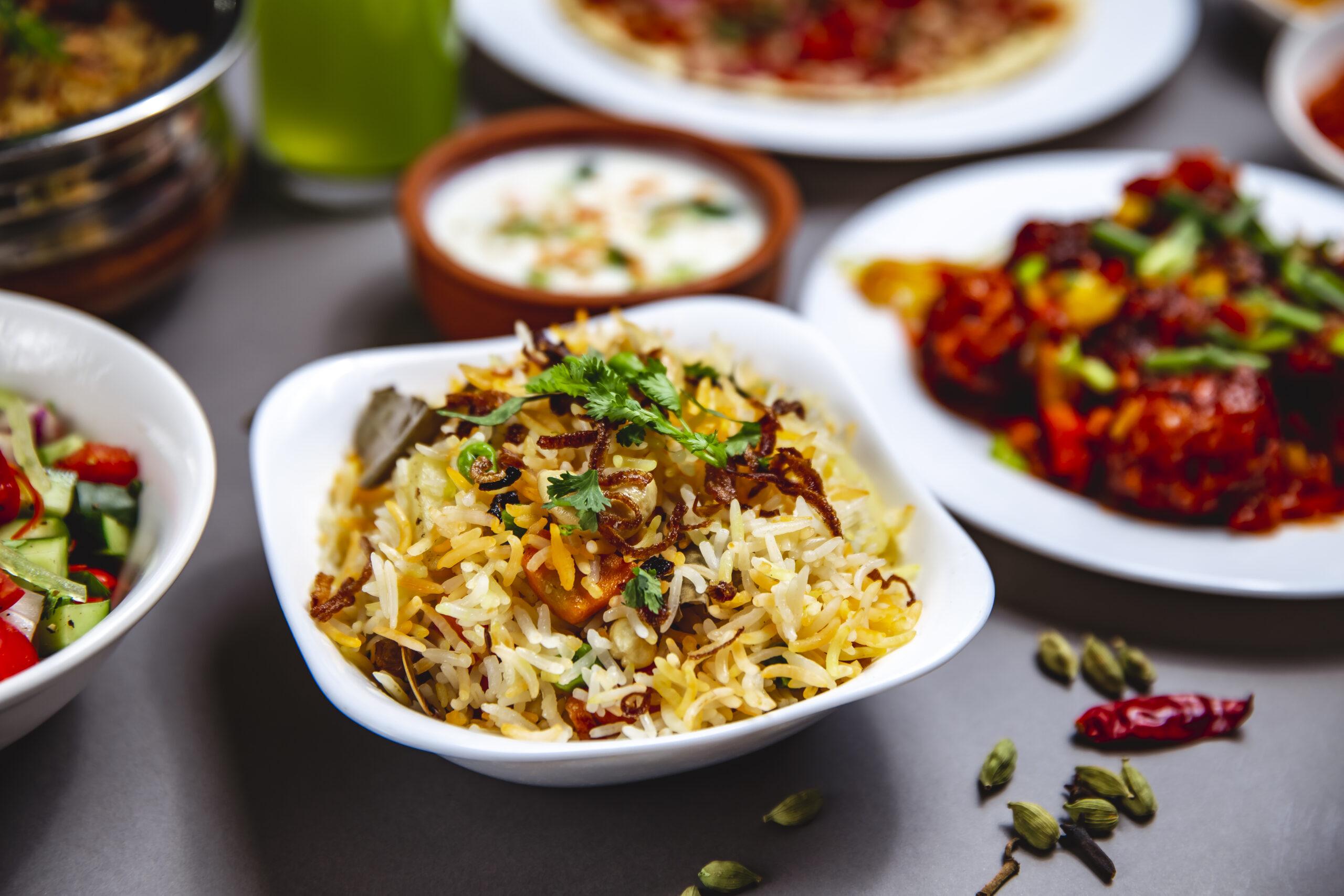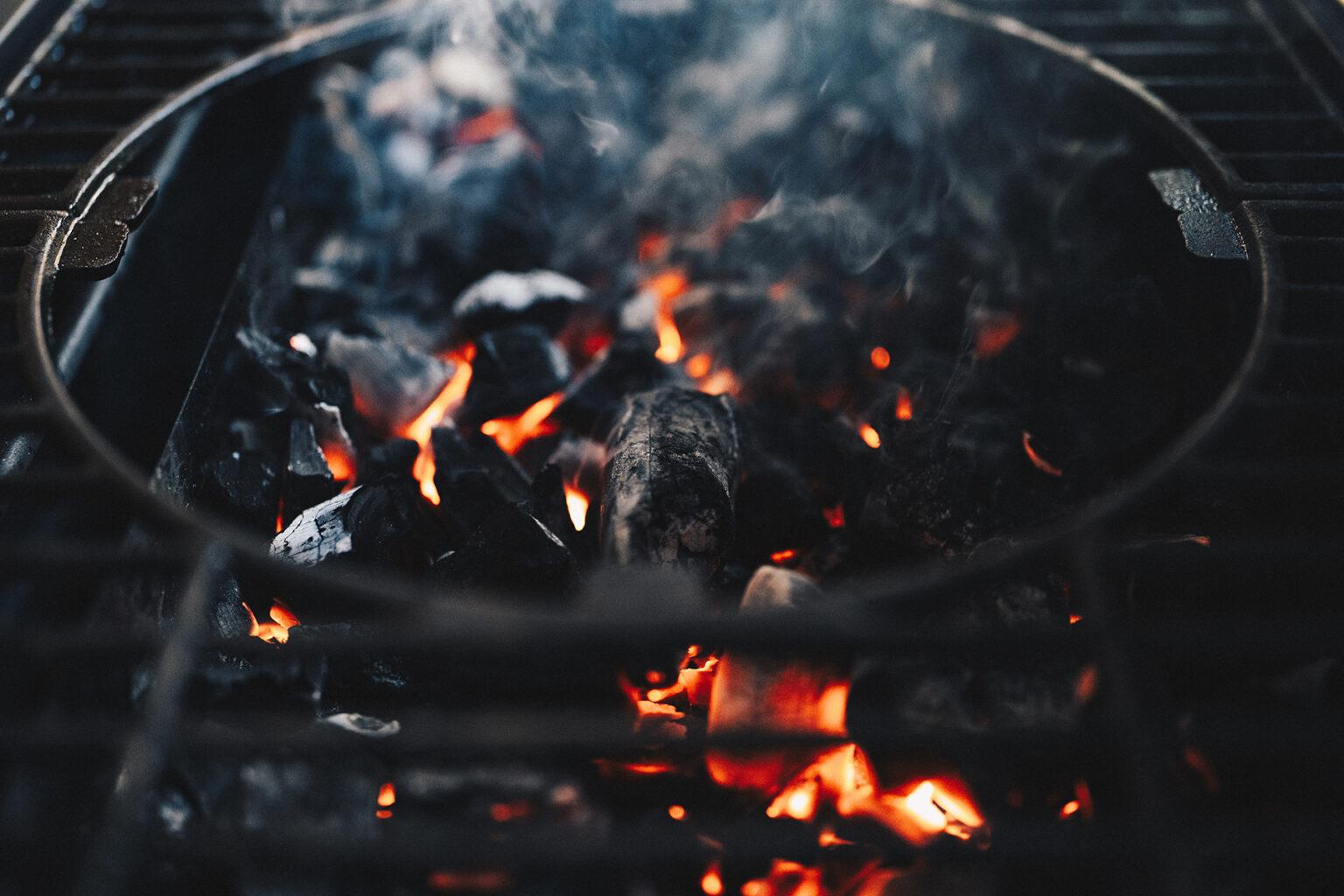If you are looking to identify the most popular cuisines in India that originally migrated from the Persian lands, both Awadhi and Mughlai styles of cooking come out as the standout performers. Needless to say, a majority of Awadhi recipes have lingering Mughlai influences. To start with, the usage of spices and the amalgamation of certain condiments are where the similarities end.
Moreover, there is also some striking resemblance in the names of the common spices that appear in the preparatory methods of both Awadhi and Mughlai cuisines. Both these cuisines include dry fruits, saffron, and optimal usage of cardamom. However, the portions and quantities vary depending on the gastronomic preferences of the Nawabs of Awadh and the Mughals.
Similarities between the Awadhi and Mughlai Schools of Cooking
There aren’t many similarities between the two cuisines, despite people mistakenly confusing one for the other. As mentioned, some of the spices and ingredients are similarly followed by the inclusion of clarified butter in certain preparations. Moreover, both these cuisines rely on Yakhni cuts, i.e., select pieces of meat with the bone left in, for certain preparations.
Apart from that, both Awadhi and Mughlai styles of cooking incorporate slow cooking techniques in one form or another. However, while the names of ingredients and the cooking technique are comparable, the usage of the ingredients and the cooking style are highly distinct.
Differences in Cooking Styles
Before enumerating the differences, we need to understand the nature of the Mughlai cuisine in detail. Firstly, Mughals used to concentrate more on the styling and richness of taste than on subtlety. Therefore, the use of species, nuts, and dried fruits was quite exotic and often overpowering. Therefore, Mughlai cuisine was also fat-heavy, as the preparation used substantial quantities of butter and even animal fats, extracted from lambs and other commonly available sources of meat.
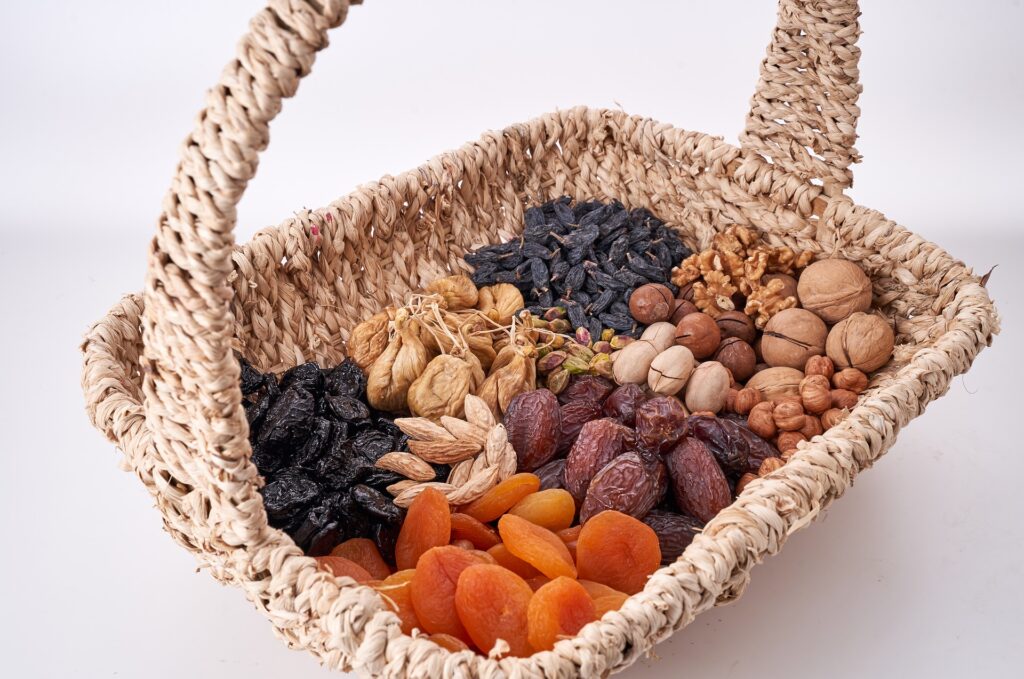
However, Awadhi cuisine refrains from excessive spice and condiment indulgence. While individuals still believe that every Awadhi preparation uses more than 100 spices, the usage is limited to a handful of exotic and elusivarchis evolved with time and aligned themselves with the preferences of the Nawabs. Therefore, the meat was marinated and even softened in the case of kebabs, precisely for the juices to remain intact. Because of this way of pree spices, and that too in limited portions.
Another difference between the styles is that the Lucknowi bawparing food, it will be easier for Awadhi dishes to keep their nutritional value.
Although both of these cuisines feature the slow cooking technique, the Mughlai style involves using a tandoor. Therefore, the recipes have a smoky texture to them, and the nutrient profile diminishes due to the excessive heat produced by the tandoor arrangement. On the other hand, Awadhi dishes are prepared on flat grills and tawas, which are best for slow cooking.
Moreover, it is the Lucknowi style of food preparation that introduced the Dum Pukht technique for cooking items under pressure to minimise the excessive usage of heat and therefore the elimination of important nutrients and taste profiles.
The Awadh and the Lucknowi Legacy
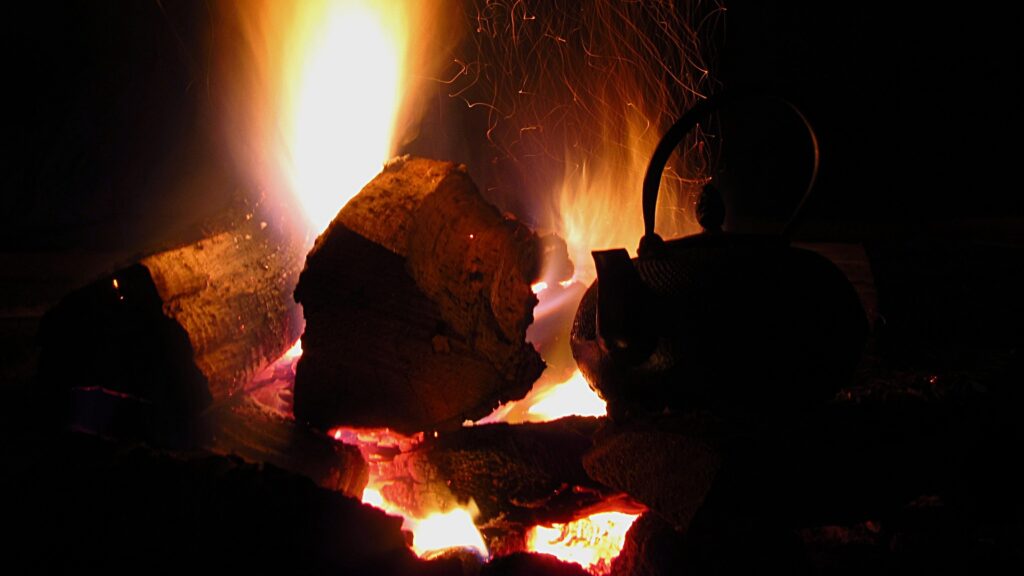
While there are several other differences between the Awadhi cuisine and the Mughlai style of cooking, we would urge our readers to visit the Awadh and explore the possibilities that this cuisine has to offer.
Mughlai cuisine has already received several accolades for its overpowering taste and grandeur, but we believe it’s time that the Lucknowi style of cooking also gets the deserved attention courtesy of several innovative and scientific cooking techniques. At The Awadh, we guarantee that you will get to experience every gem of the Awadhi cuisine, starting with the main course and moving slowly towards the heavenly desserts.
To enjoy the real experience visit Awadh at
Address:
01-33H, The Centrepoint,
176 Orchard Rd,
Singapore 238843
Phone: (+65) 93855337
Reservation: https://www.theawadh.com/
Delivery Ordering Link: https://order.theawadh.com/#/

